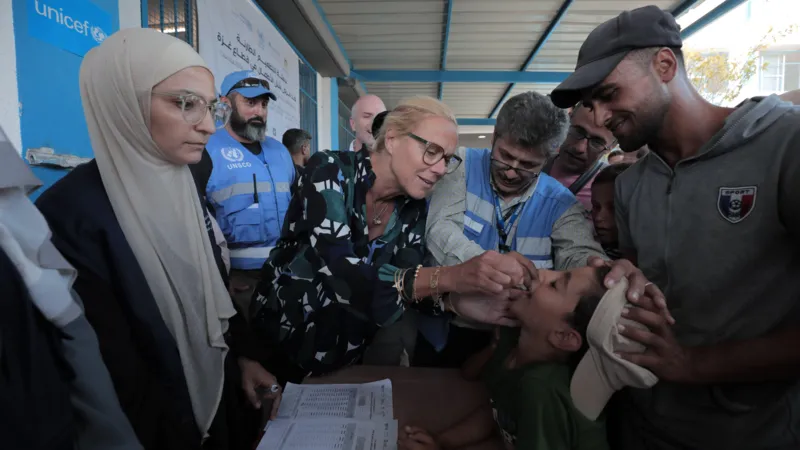A report Sigrid Kaag is expected to provide to the UN Security Council today is expected to be “very sombre and perhaps dark.” Kaag was hired nine months ago with the goal of enhancing the delivery of critically needed relief.
She called the current state of affairs in the region a “significant catastrophe.”
“We’re not even providing for the needs of the civilians in Gaza, let alone giving them hope and prospects.”
The senior UN Coordinator for Humanitarian Action and Reconstruction in Gaza stated in a rare interview that the mechanisms to transfer relief, including several land and maritime routes into Gaza, were already in place.
Furthermore, “the UN is working around the clock, and people are risking their lives day in, day out.”.
However, she referred to Gaza as “the most dangerous place in the world to work.”
She expressed sorrow that unless there is a ceasefire and the release of the Israeli captives who are still being held there, “not much else can be improved.”
According to Ms. Kaag, efforts to ensure that relief missions may go safely—known as “deconfliction”—are failing because “it’s not working, or working insufficiently, to render the operations feasible.”
The UN said last week that Israeli forces had stopped one of its relief convoys traveling into northern Gaza, and Gaza’s Civil Defense organization, which is managed by Hamas, reported that an Israeli aircraft had struck a UN school that was serving as a shelter.







